There will “no repentance nor apologies” for the occupation of Algeria or the bloody eight-year war that ended French rule, Macron's office said, adding that the French leader would instead take part in “symbolic acts” aimed at promoting reconciliation.
The atrocities committed by both sides during the 1954-1962 Algerian war of independence continue to strain relations between the two countries six decades later.
Macron, the first president born after the colonial period, has gone further than any of his predecessors in recognising French crimes in Algeria.
Later on Wednesday, a historian commissioned by Macron last year with assessing “the progress made by France on the memory of the colonisation of Algeria and the Algerian war,” will submit his findings.
Benjamin Stora's report is not however expected to recommend that France issue an apology but rather suggest ways of shedding light on one of the darker chapters of French history and propose ways of promoting healing.
The presidency said Macron would take part in three days of commemorations next year marking the 60th anniversary of the end of the Algerian war.
Each day will be dedicated to a different group that suffered in the conflict, presidential aides added.
No other event in France's colonial history had as deep an impact on the national psyche as the Algerian war.
More than one million French conscripts saw service in the conflict, which claimed hundreds of thousands of Algerian lives.
After it ended hundreds of thousands of European settlers fled to France, a wrenching exodus that sowed the seeds of lingering anti-Arab sentiment.
Tens of thousands of Algerians who fought alongside French forces also crossed the Mediterranean after the war to escape nationalist lynch mobs.
While campaigning for president in 2017 Macron caused a sensation by declaring that the colonisation of Algeria was a “crime against humanity”.
A year later, he acknowledged that France had instigated a system that facilitated torture during the Algerian war.
It was a rare admission in a country where the colonisation of Algeria was long seen as benign.
“In French political culture, anti-colonialism has always been an extremely fringe movement,” historian Sylvie Thenault told AFP.
“There is a profound conviction that the French Republic is a force for good that thwarts the possibility of criticising what is done in the name of the Republic,” she added.
During the war French forces cracked down on independence fighters and sympathisers. A French general later admitted to the use of torture.
Algerian nationalists also targeted civilians and mistreated prisoners during a complex conflict characterised by guerrilla warfare.
France's actions in Algeria left a deep well of bitterness and resentment that has been blamed by some experts for the drift of some second- and third-generation immigrants into extremism.
In a speech in October on combatting radicalisation, Macron acknowledged that France's colonial past and the Algerian war had “fed resentment” against France.
Speaking to Jeune Afrique magazine in November, Macron described France as being “locked in a sort of pendulum between two stances: apologising and repentance on the one hand and denial and pride on the other.
“As for myself I would like truth and reconciliation,” he said.

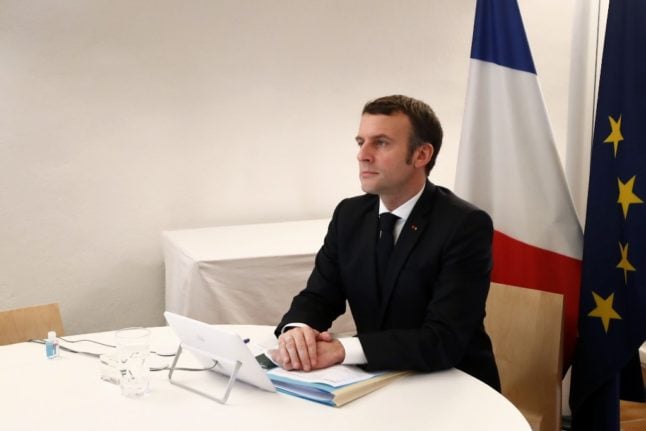
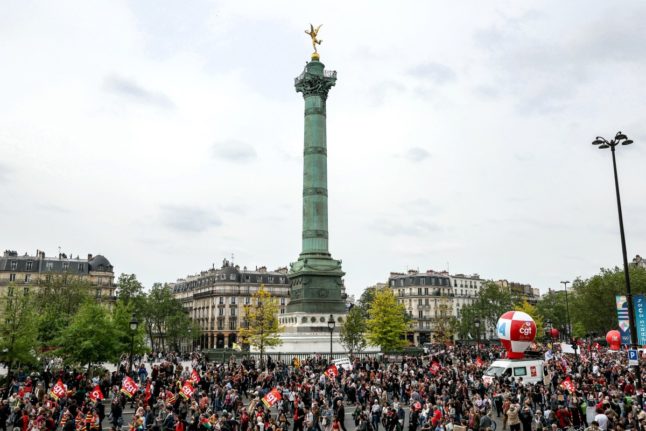
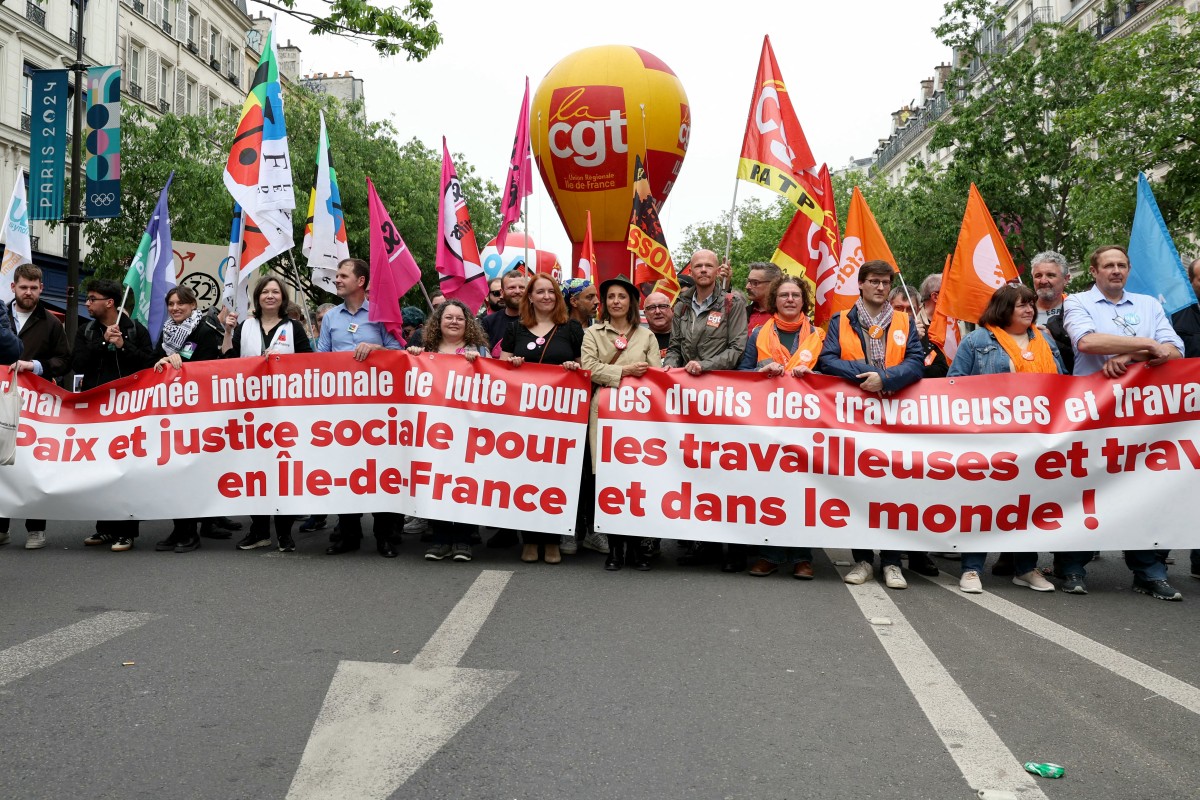
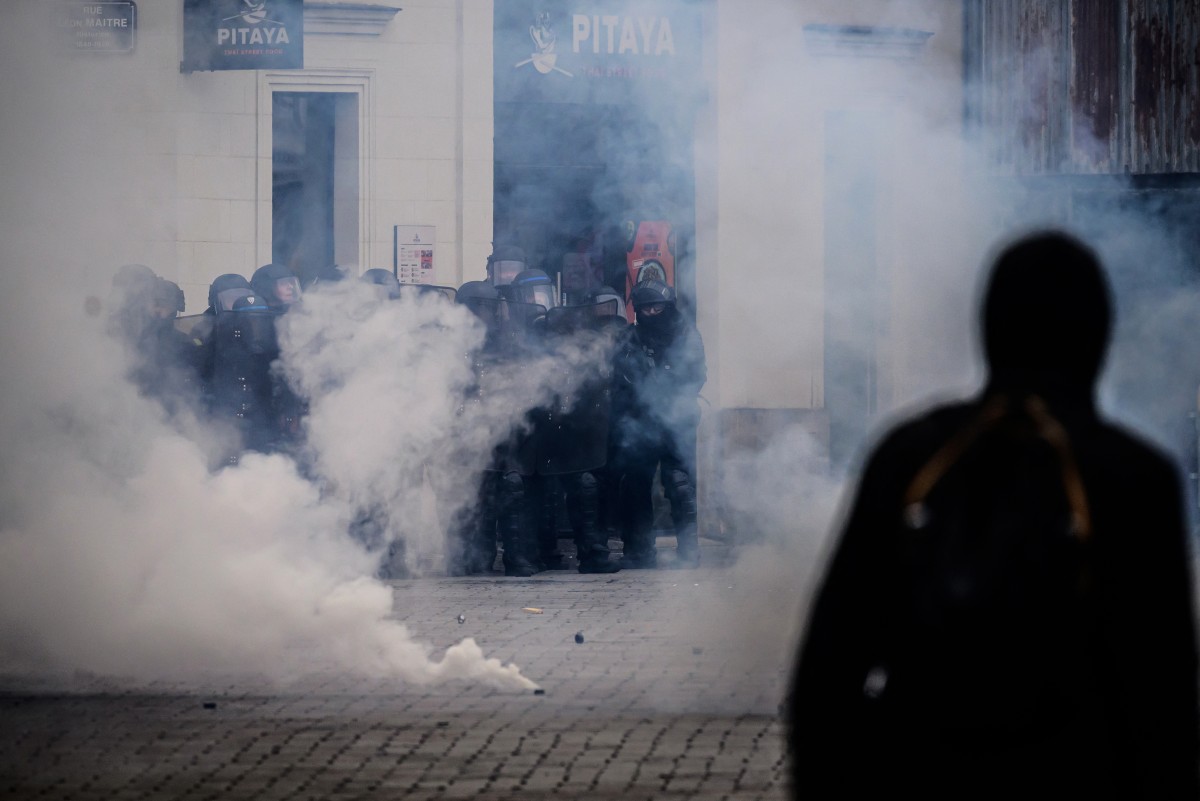
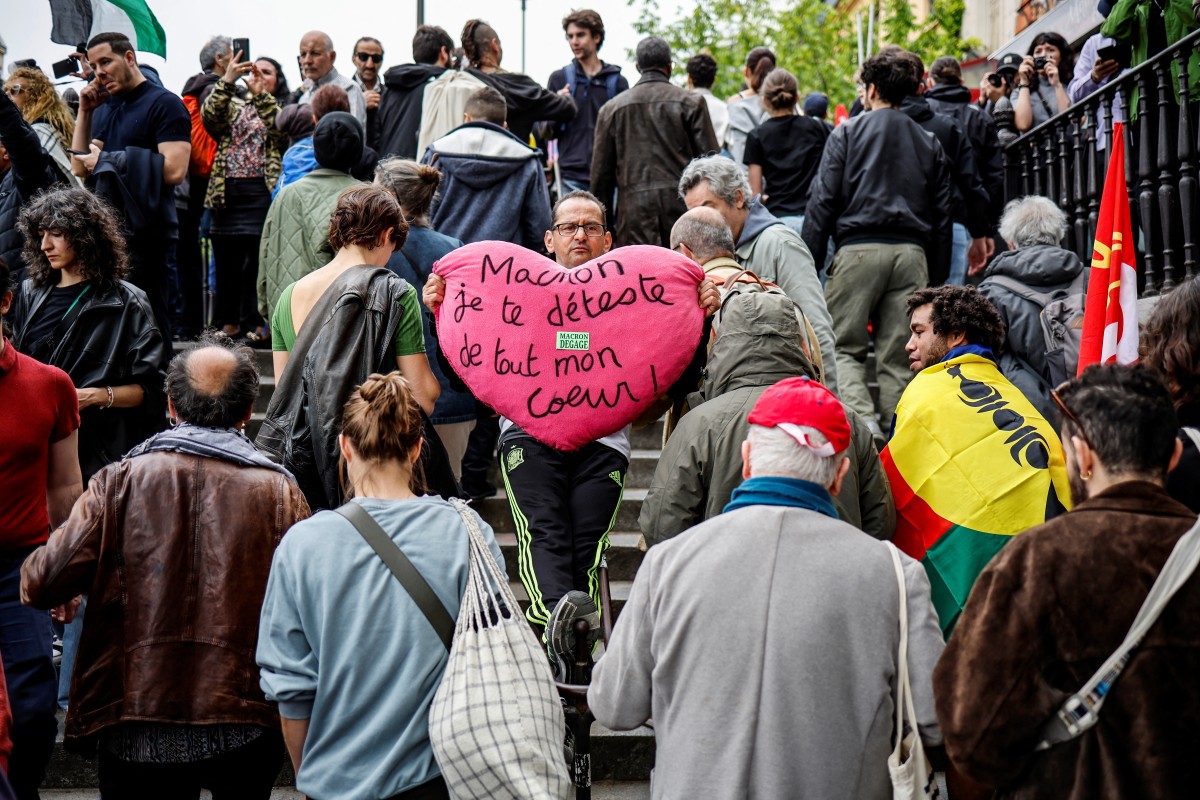

 Please whitelist us to continue reading.
Please whitelist us to continue reading.
Member comments